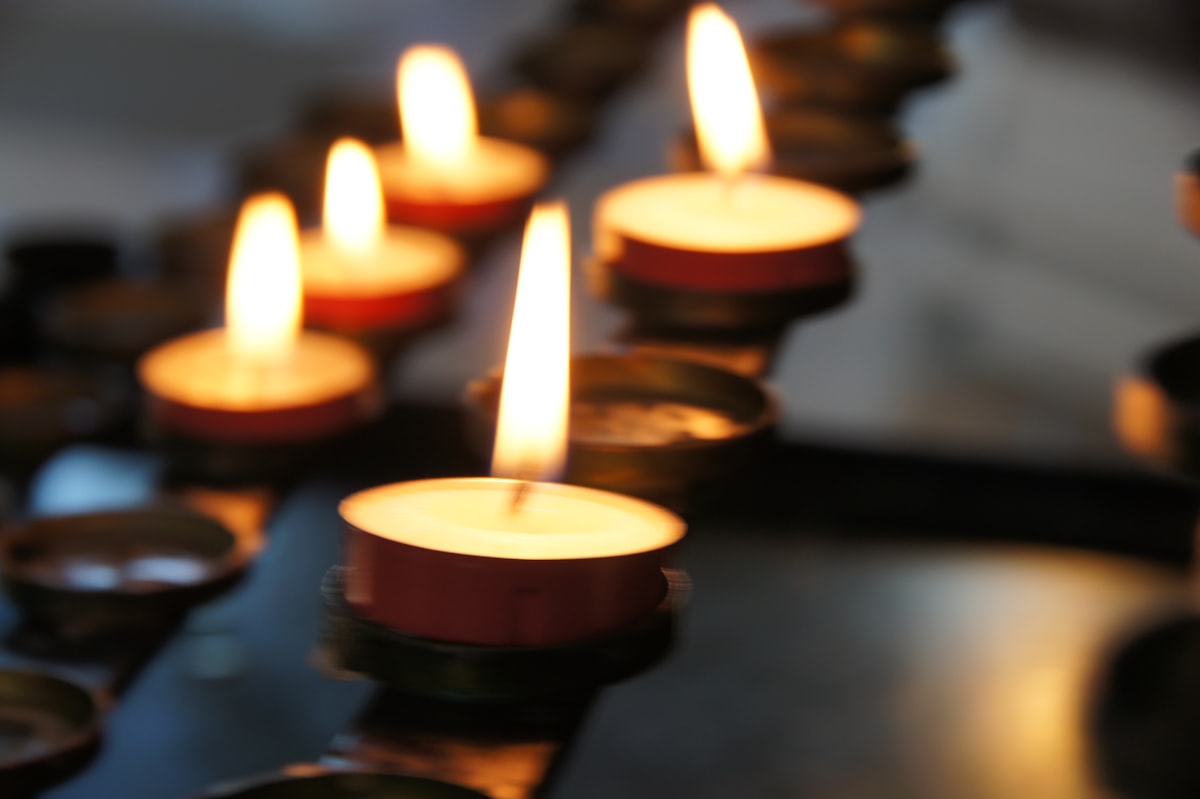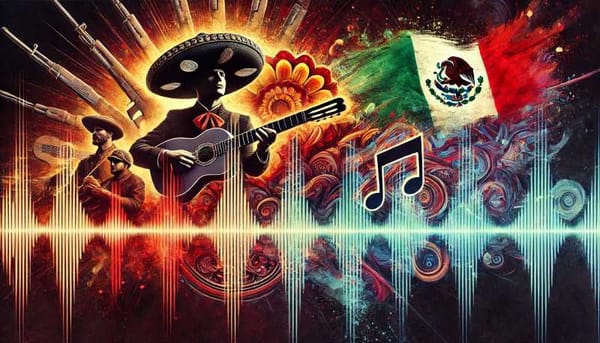Rituals and mortuary customs will remain
Elements of accompaniment of the deceased exist in Mexico, which has their origin before the arrival of the Spaniards. Find out more.

Even though COVID-19 sanitary protocols established modifications to body preparation rituals, funeral processions and customs syncretized by the Colony, such as the funeral novenario, will not change in the long term.
Lilia Escorcia Hernandez, a specialist at the Institute of Anthropological Research (IIA) of the UNAM, considers this because during the weeks that the country has maintained a green epidemiological semaphore, it is possible to see that people have stopped using masks, organizing parties, hug each other and stay together; that is, they resume their daily activities, without strictly following sanitary measures.
In the case of funeral customs, once the pandemic disappears, the mortuary rites will be as they were normally performed; perhaps what will be modified is the type of practices of food care, greater hygiene, or care in using the mouth cover in case of flu and taking care of the healthy distance, but "we will return to join together to accompany a deceased person", clarified the researcher of the Laboratory of Forensic Anthropology.
In Mexico, there are elements of accompaniment to the deceased, which have their origin before the arrival of the Spaniards. For example, it is common to see pots and molds for food in tombs, as part of a desire that the person who is leaving this world has what is necessary to feed him or herself in the stage that begins.
Another element that comes from pre-Hispanic customs is the orientation of the bodies in a cemetery. Some are placed with the head facing the Church, which means that on the final day, the dead will rise to look at Christ; in others, it is towards the East, where it is believed that they will be resurrected.
Escorcia Hernandez specifies that the pandemic impacts the burials and their ritualized characteristic because it is not possible to be close to the bereaved. Most of the people who have died from COVID-19 are cremated, which is a challenge for many communities that refuse to do so because they insist that they must be buried in a physical space.
However, the protocols of the sanitary emergency disrupted this ritualization and they must be cremated; in the case of those who are inhumane, the coffin must be sealed in the hospital, the relatives cannot approach and, sometimes, film paper is placed on them so that no one can see the corpse because it must be buried immediately and this prevents the wake from being held and the mourning is shortened, says the researcher.
What continues is the accompaniment of the mourners in the so-called novena, although there should not be so many people either in the wake or in the homes. It has been a critical element due to the pandemic, which has to do with emotions, with mourning, but funeral rites will continue.
Anthropologists usually study in the parish, civil and codex archives the references about different epidemics, how they were registered and they even wonder how those communities would have faced an epidemic; "we never thought that we, in the 21st century, would be part of one".




